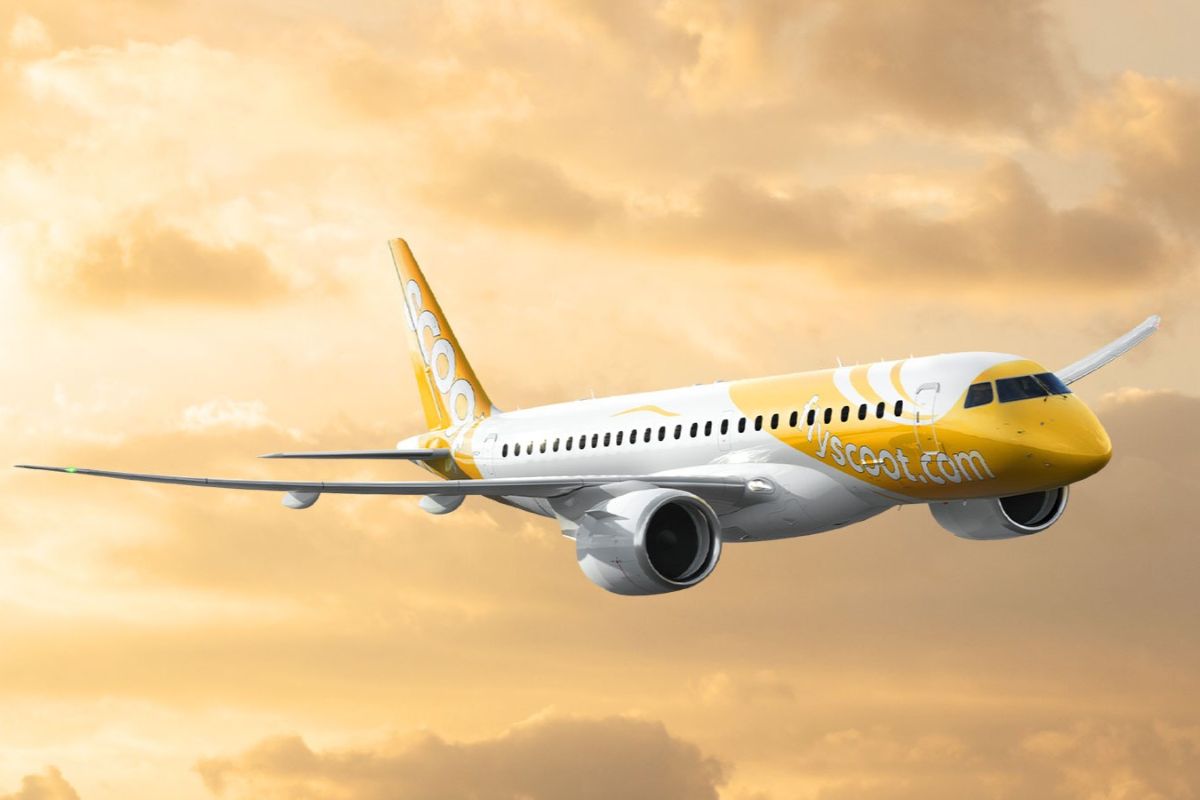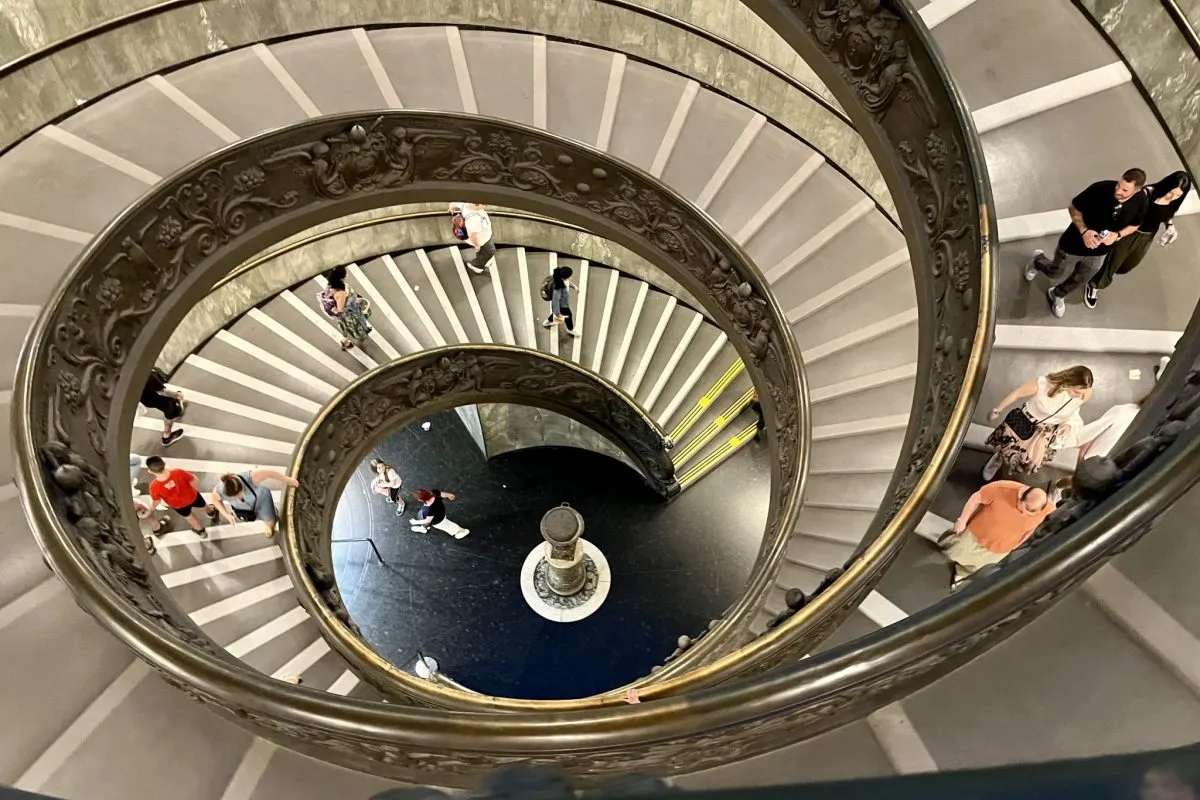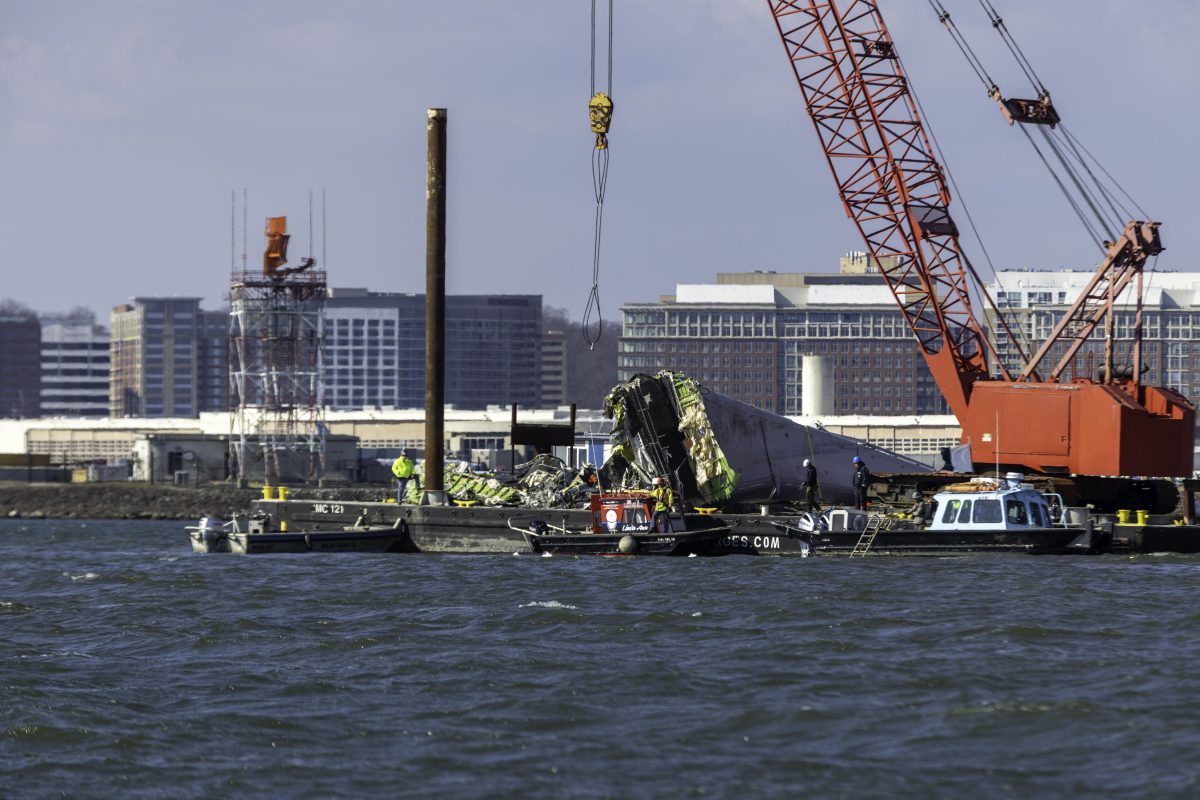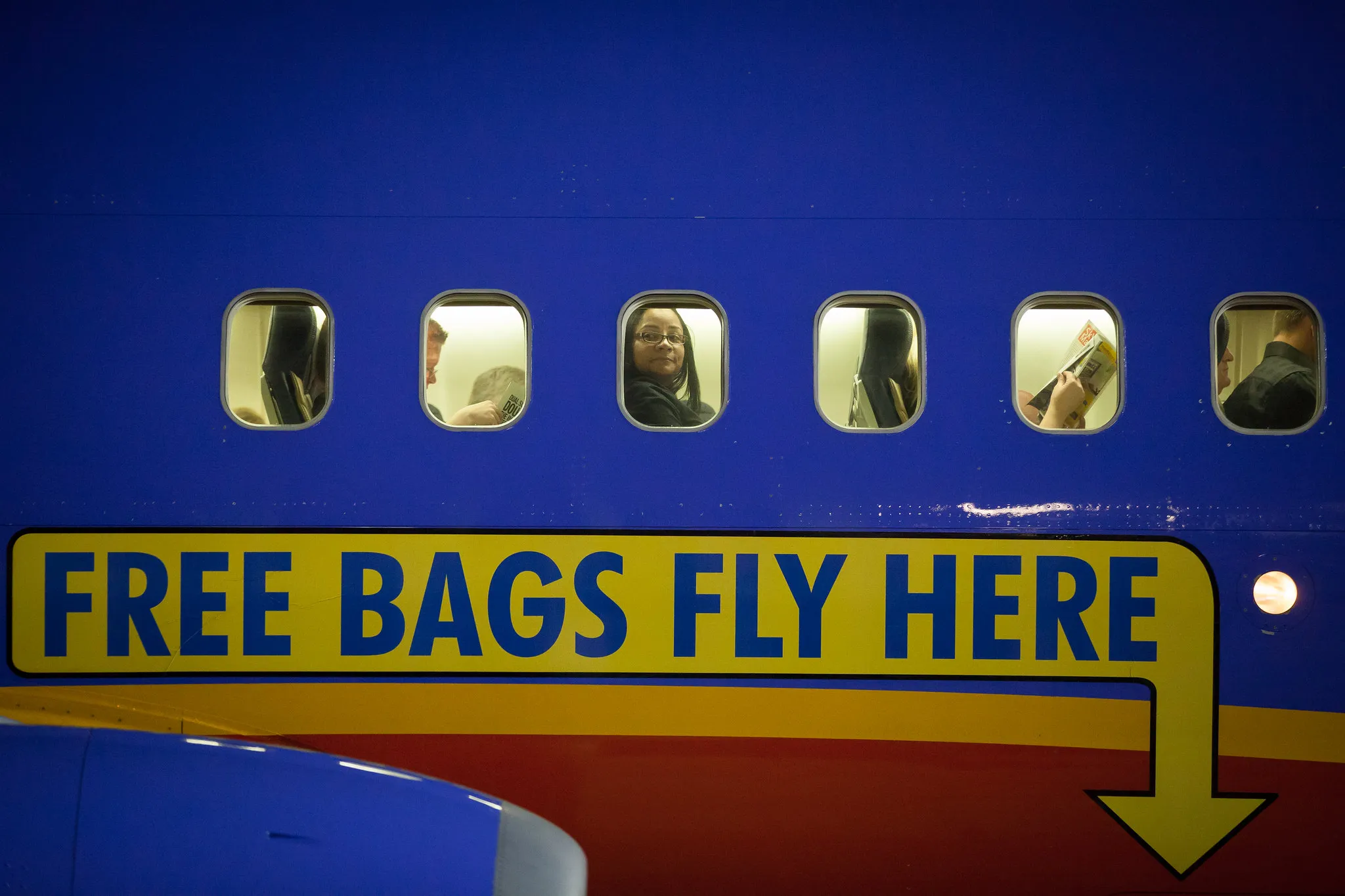How United Airlines Is Turning Value Flyers Into First-Class Customers
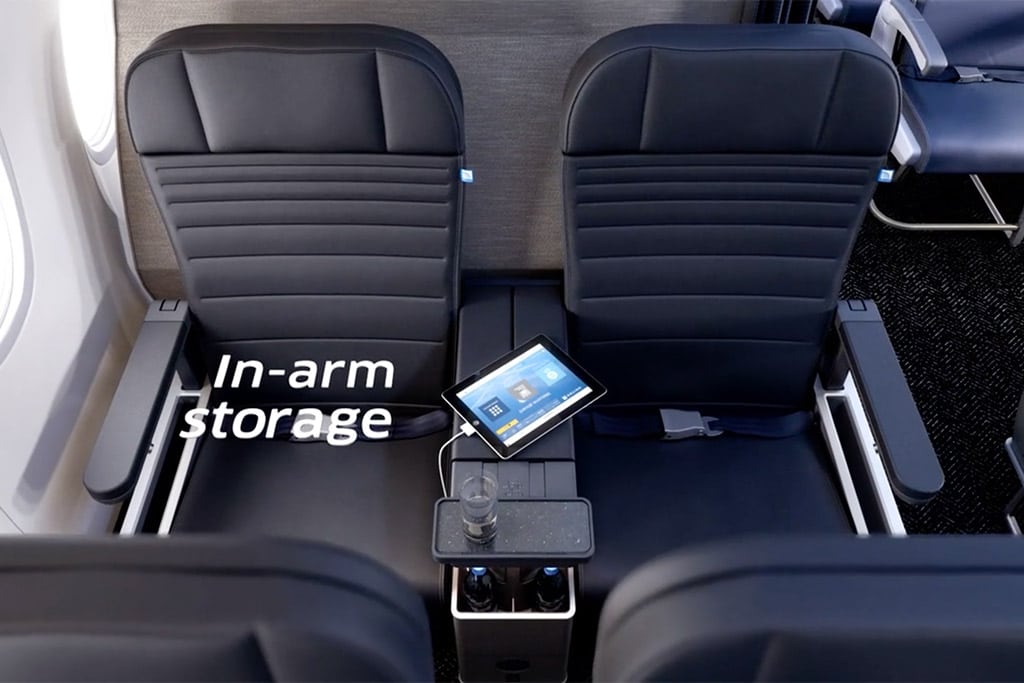
Skift Take
Late last year, I broke a cardinal rule governing my career as a traveler and a travel writer: I booked a first class airline ticket.
It was just too good to pass up. The ticket, booked on United Airlines, was only $200 more than one in economy, earned double award miles and thanks to a promotion from the airline earned quadruple elite status miles -- something I sorely needed for the year. It would be the first of several first class tickets eventually purchased through United that took advantage of a new strategy that the airline is using to sell more premium seats at prices far more appealing to everyday travelers.
United's strategy is part of a larger movement from the legacy U.S. airline industry to better monetize premium cabins. In the past, first and business class have typically been priced an order of magnitude greater than economy cabins. Recently, however, airlines have changed tack to price the cabins more affordably, causing value-focused travelers like myself to consider the premium purchase.
On the international front, British Airways has been leading this effort by offering fares between the U.S. and UK for as little as $1500 -- scarcely more than an economy ticket in some markets.
Domestically, Delta and United are leading the charge. This past March, Delta officially made public its plans to lower the cost of first class fares in an effort to push its percentage of sold (versus upgraded) seats up from 57 percent to 70 percent.
Often, the price of the premium cabin is so affordable that it can make more sense to purchase the nicer seat. On an upcoming flight I booked from San Francisco, to Chicago, for example, one-way fare was $212 for economy and $356 for first class. The first class fare, according to United's new MileagePlus rules, also earns double Premier qualifying miles (PQM), fast tracking my route to elite status and minimizing any need for a "mileage run" later in the year.
It's value-based decisions like this that the airlines hope will drive more travelers to book premium seats. And for me, it's working.
On the other side of this equation though, this new aggressive pricing also means that those looking for a free upgrade to first class based on elite status will suffer. In addition to reasonable premium fares, airlines are also offering paid, last-minute upgrades for a fraction of the cost of a full fare while complimentary elite upgrades are held back until the last minutes. In many ways, the lack of free upgrades may soon be a sore spot for many ultra budget travelers -- but if a first class seat can be guaranteed for $100 or $200, my guess is that many travelers will also be happy to pay for the better seat.

